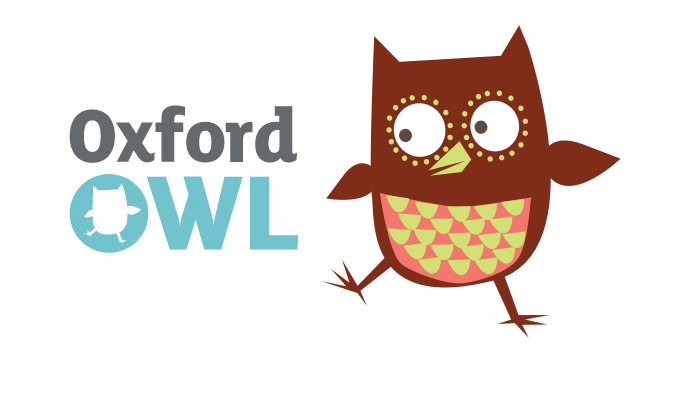Statement of intent
Sound English skills are essential for progress across the curriculum and to prepare pupils effectively for tasks of adult life.
All teachers have a responsibility to develop pupils’ competence in reading, writing, speaking and listening in their own subjects and to ensure that pupils become competent users of language, and can access the curriculum effectively and achieve their potential.
Engayne Primary School:
- Recognises the effect that a confident, fluent and coherent understanding of English will have on a pupil’s progress, both inside and outside of the school environment.
- Understands how a strong grounding in English will impact the future learning and development of a pupil in all aspects of their life.
- Provides a balanced and broad curriculum which encompasses writing practice, including handwriting, spelling, widening vocabulary, and writing for different styles, purposes, and audiences, as well as focussing on spoken English, reading, grammar and pronunciation.
- Ensures that all staff members are aware of planning, assessment, teaching and learning requirements for the English curriculum.
- Ensures that all pupils know how to plan, practise and evaluate their work.
- Ensures that all pupils understand all elements of English, as per the national curriculum.
ENGAYNE’S READING ETHOS
ESSENTIAL ELEMENTS FOR TEACHING READING
1, Phonics :Phonics is the first step but must not be forgotten later on
2, Consistent structures: Create consistent, repetitive structures for reading lessons
3, Fluency: Teach and model fluency
4, New vocabulary: Teach new words explicitly
5, Background knowledge: Build background knowledge often
6, Read, Read, Read: Reading mileage matters
Exposure to as wide a range of texts as possible. Filling their minds with texts and vocabulary.
IMPLEMENTATION
Engayne has developed a clear systematic and progressive approach to the teaching of English.
The English curriculum is delivered daily in KS1 and KS2.
Classroom teachers will use high-quality resources which effectively model English skills and demonstrate good practice.
Grammatical errors are corrected on written work by classroom teachers and discussed orally with pupils where necessary. (see marking policy)
Pupils will be encouraged, by their classroom teachers, to discuss their English skills with their peers and with the whole class before beginning their written work.
Pupils will be given sufficient time to discuss, plan and edit their work.
Core texts have been chosen to foster language development, enjoyment of reading and provide the stimulus for writing. Texts have been selected to include picture books, modern and classic texts, non fiction and poetry. Texts have been purchased to represent diversity in content, culture and authors.
Early skills are developed using oracy and vocabulary which are then linked to phonemes and graphemes which form an essential part of early reading and writing development.
The DfE accredited scheme Bug Club phonics forms the basis for the planning and teaching of phonics across the school and is supplemented by Floppy’s Phonics, and Phonic Bug in KS1 and into KS2 for some pupils. The school incorporates the work of the CLLD project to develop phonic teaching in KS1 and 2.
Children develop reading fluency alongside comprehension skills, which in turn develops writer voice to select appropriate vocabulary, punctuation and grammar to create writing to engage the reader.
English and reading news
Reading can stimulate a child’s imagination. It can help them feel less alone, it can take them away from their own situation for a while. It can give them a new perspective on their own lives, it can give them hope. And all these things will inevitably help them with their confidence because it helps them understand and feel less isolated.
Welcome to the English and reading news page.
Here you will find interesting videos, information and news about the fantastic reading events taking place at Engayne.
Our retired taxi is ready for readers. The reading nook is the first of a few we are trying to install around the school grounds.
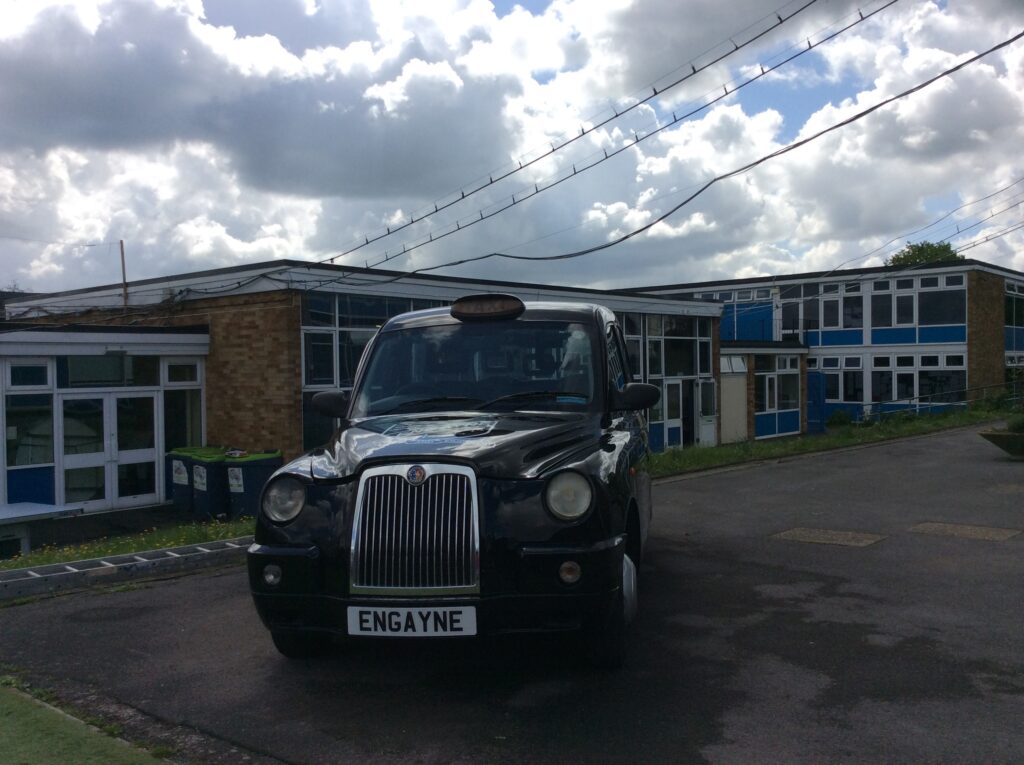


We have just received a free standing bus stop and seats kindly donated by London Transport. It has been installed in the annex building as a reading nook. At Christmas we received a gaming chair which has been installed as a nook in the main building upstairs.
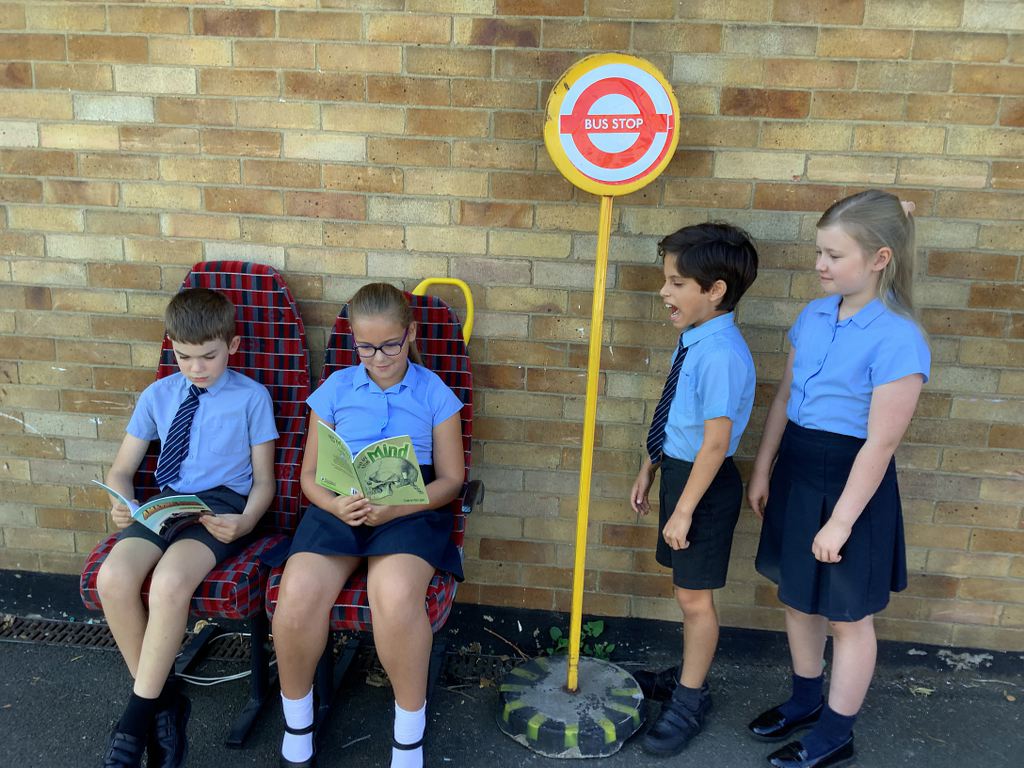
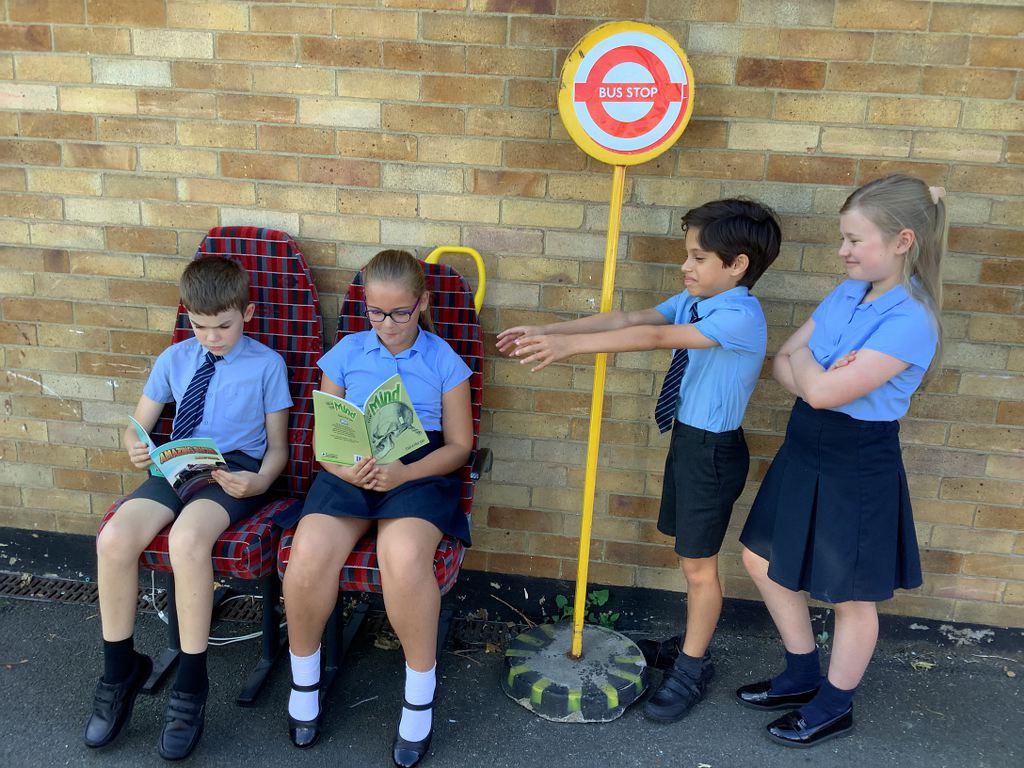

The term has begun and we have exciting news! Blue Peter have launched their Book Badge

Please click on the link to find out more:
https://www.bbc.co.uk/cbbc/findoutmore/blue-peter-apply-for-a-book-badge
Many of our school librarians are completing the application for the badge!
We had some children enter the BBC 500 word competition. Good luck to all those who entered!
SEPTEMBER
Seventy-six children completed the Summer Reading Challenge at Havering Libraries. That is the highest number completing of any local primary school!
We are launching our Share your Love of Reading grids
Click on the links on the year group webpage to find out more.
OCTOBER
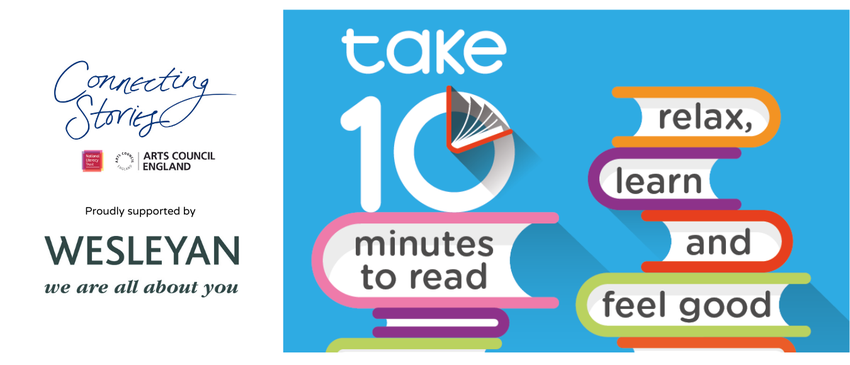
We took part in the Take 10 Challenge on 10th October! It is also when we will celebrate Hello Yellow Day for mental health.
The Take 10 Challenge encourages people to read for just 10 minutes a day to improve their wellbeing and support their literacy. For more information click here.
Half term will see everyone on a mission to read somewhere unique!
Good luck and happy reading!
DECEMBER
JANUARY
FEBRUARY
MARCH
JUNE
PARENTS … HAVE YOU HEARD ABOUT BOOK TALK?
Research indicates that parents who regularly read with their children at home lay solid foundations for language and literacy development. It’s a precious time for you both to relax, share your thoughts and feelings, have fun and chat together. Whilst sharing books, your child has your undivided attention, and the conversation, connection and enjoyment they experience is invaluable.
To promote children’s pleasure in reading and foster the habit, we need to read to children and with them and to talk to them about books. These conversations are crucial as they help children to engage and think deeply.
There are several ways to prompt book chat, click on the links for our top tips
USE YOUR LOCAL LIBRARY!
With your library membership you can view a variety of story and factual books online. To find out more visit: https://www.havering.gov.uk/info/20039/libraries/685/ebooks_and_audiobooks
Visit the link below to also find encyclopedias, dictionaries, art and music resources in the virtual library: https://www.havering.gov.uk/info/20039/libraries/680/virtual_library
Does your child have trouble selecting a book to read? Watch this fun animation to help them choose books they will love!
The Importance of Bedtime Reading for Children – this website has lots of suggested books and tips to make bedtime reading engaging.
PLEASE USE GOOGLE CHROME TO ACCESS BUG CLUB
Check the homepage when you log in. If there is an envelope symbol it means there is a message or feedback from your teacher.
If you get locked out of your account send a e mail to your teacher with your log in details and they will sort it out for you.
IF BUG CLUB is slow or not working the advice is press ctrl, shift and del at the same time and empty the cache on your computer. It will help!
Phonic games stay in your folder to use as much as possible until your teacher removes them. Keep practicing!
If you need a reminder of how to log in and access this excellent reading resource please use the guide. The site gives you reading books, phonic and spelling games and many other resources. Any problems please tell the class teacher so we can resolve them for you as soon as possible.
https://engayne.co.uk/wp-content/uploads/2020/03/Bug-club-parents-guide-2020-1.pdf
If you are having issues logging into Bug Club please click here for advice
Use the following link to access a range of useful websites for learning at home
PLPS has some spelling and maths games
https://engayne.co.uk/wp-content/uploads/2020/03/Websites-and-Apps-to-Support-with-Home-Learning.pdf
Do you like to read on an electronic device?
Then you should download the Borrow Box app and unlock your local library of books to have on your device on demand. https://www.borrowbox.com/
If you prefer reading on a laptop then overdrive might be the site for you! https://reading.overdrive.com/library/youth/
Below are links to some knowledge organisers for English. These documents give you some of the key terminology, concepts and ways to help your child with their English work. There are also links to the writing expectations for each year group.
Looking for advice on what to read?
These reading lists are also found on year group pages. Happy Reading!
How to use children’s reading list
Useful Phonics websites:
Super range of free ebooks to read and a phonics screening test generator to work on those alien words
Teach Your Monster To Read. An excellent site which is often free to access. Assists with phonics in a fun way!
KS2 reading:
A site enabling parents to download extracts of books to sample, to try out different authors with their children.
http://www.lovereading4kids.co.uk/
A site dedicated to helping children and parents to find out about children’s books. Each area on the site provides information about new and classic titles with expert advice to help you find the best children’s books available.
A comprehensive book review site, which also contains some writing games too.
SPELLING
Please click on these links for the common word lists for each year group. They can also be found on year group pages
First 100 high frequency words
Year Three and Four word lists
BBC Bitesize has many games designed to entertain and educate the children. KS1 English has Karate Cats to assist with SPAG. KS2 has Crystal Explorers.
Click here to visit the Words for Life website.
This is a fantastic website which offers great ideas and tips for reading at home.
Story explorers have launched podcasts showing primary school children interviewing top authors about their work and the stories they love! Click here to find the weekly podcasts.
